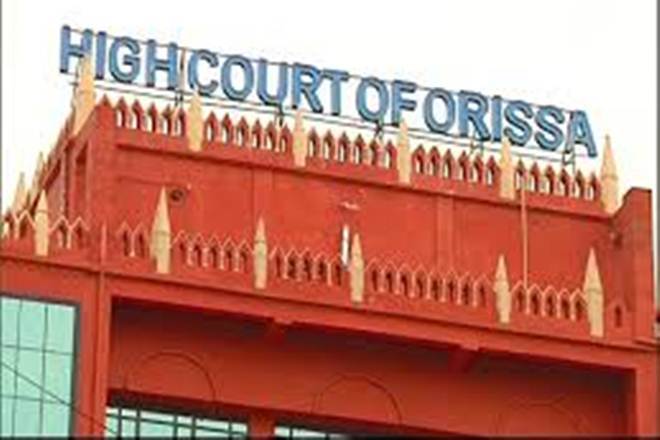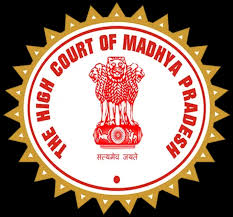T.D. Sugla, J.@mdashThis is an application u/s 256(2) of the Income Tax Act, 1961. The Department has sought to raise two questions as questions of law. But rule was granted in respect of question No. 1 only. That question of reads thus :
"Whether, on the facts and in the circumstances of the case, the Tribunal was right in law holding that, in the case of banking company following the mercantile system of accounting, the amount of interest receivable on the so-called sticky loan credited to the interest suspense account and debited to the account of the debtors concerned (the advances not having been written off as bad) could not be included in computing its total income for the year on accrual ?"
2. The assessee is one of the nationalised banks. The proceedings relate to its assessment for the year 1980-81. There were certain loans of doubtful nature in the books of assessee. The interest receivable thereon was shown by the assessee separately in the interest suspense account and was not disclosed as income. In view of Supreme Court decision in the case of
"On a subject like this, it appears futile that two organisation of the Government, both functioning under the Ministry of Finance, should resort to litigation over extended periods of time... It has been decided that interest in respect of doubtful debts credited to suspense accounts by the banking companies will be subjected to tax but interest charged in an account where there has been no recovery for three consecutive accounting years will not be subject to tax in the fourth year and onwards. However, if there is any recovery in the fourth year or later, the actual amount recovered only will be subject to tax in respective years. This procedure will apply to the assessment year 1979-80 and onwards. The Board''(instruction No. 1186 dated 20-6-1978 is modified to this extent."
3. the Tribunal set aside the order of assessment and directed the Income Tax Officer to consider the question of taxability of interest income in the light of the aforesaid circular.
4. The said circular, it appears, was withdrawn by the Board in February 1986, i.e., soon after the judgment of the Supreme Court was pronounced in State Bank of Travancore''s case [1986] 258 ITR 102.
5. The question raised evidently is whether the Tribunal was justified in holding that income by way of interest on sticky loan had not accrued to the assessee. However, the Tribunal had not held that the interest on sticky loans receivable but credited separately in interest suspense account was not an interest accrued to the assessee. What it has held is that the instructions issued by the Board in the form of a circular in September, 1984, were binding on the Department and that the question of its taxability or any relief was required to be considered in the light of that circular.
6. The question of taxability of this interest or allowing any relief in respect thereto in the light of the circular has not been raised and the question as raised does not arise out of the order of the Tribunal. We have, therefore, no difficulty in holding that the Tribunal was justified in refusing to refer the question raised as question of law.
7. It may, however, be mentioned that Shri Jetley, learned counsel for the Department suggested that this court should reframe the question and direct the Tribunal to draw up the statement of the case and refer such a reframed question as a question of law for opinion u/s 256(2) of the Act.
8. While this court has power to reframe question to bring out the real controversy between the parties, the question to be reframed must be a question which is sought to be raised by the Department. The manner in which Shri Jetley suggested to reframe the question will mean framing altogether a new question which cannot certainly be raised by this court u/s 256(2).
9. Rule is, accordingly, discharged.
10. No order as to costs.

